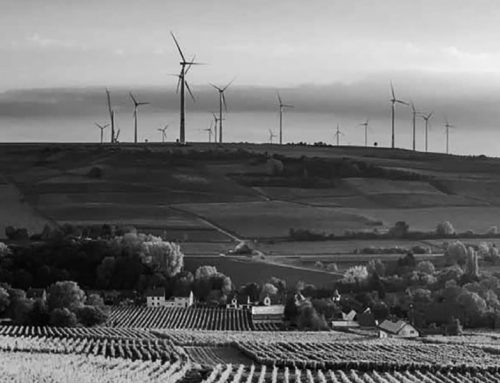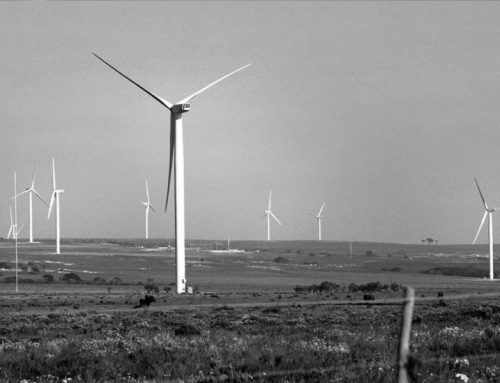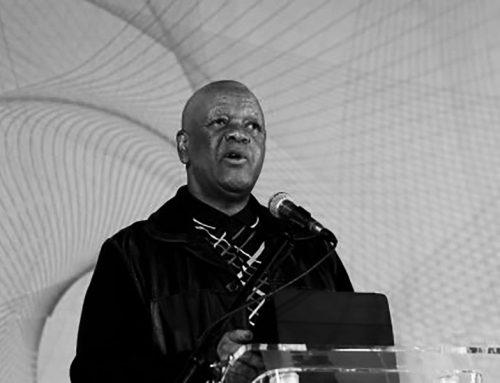Power to the people
Climate change demands that we rethink the relationship between energy and development. Nowhere else in the world is this more important than in Africa where our carbon-intensive energy systems are accelerating our collision with our earthly limits.

The relatedness of energy and poverty is undeniable.
Inadequate energy supply in many developing and emerging countries hampers productivity, competitiveness and private sector employment. Moreover, the highly centralised nature of energy systems in Africa typically tends to benefit the rich and exclude the poor, thereby reinforcing inequalities linked to wealth, gender and the rural-urban divide.
This is most clearly evidenced by the fact that Africa’s poorest people are paying among the world’s highest prices for energy: a woman living in a village in northern Nigeria spends around 60 to 80 times per unit more for her energy than a resident of New York City or London.
But the collision can be avoided. To do so, however, African governments will need to commit themselves to grow and diversify their energy mix by unshackling themselves from old high-carbon technologies and embracing modern ones which are transforming energy sectors the world-over.
Unlike high-carbon technologies, low-carbon technologies can be rapidly deployed to expand power generation and extend the reach of energy systems to people who would otherwise be left in the dark, so to speak.
One of the principle reasons Africa’s poorest continue to pay high prices for energy is that cost barriers separate them from affordable, efficient and accessible renewable technologies.
Removing these barriers unlocks market opportunities for some of society’s most marginalised (i.e. women, youth and rural communities) by creating additional income opportunities in households and stimulating positive growth and employment through the productive use of energy services in the agricultural and manufacturing sectors.
This cannot be achieved without governments and the private sector collaborating to provide people with access to clean modern energy. In today’s world the availability of energy is so intricately linked to the access to some of the most fundamental human rights, that one cannot begin to address the issue of poverty and inequality in Africa without addressing, in tandem, the continent’s energy needs.






